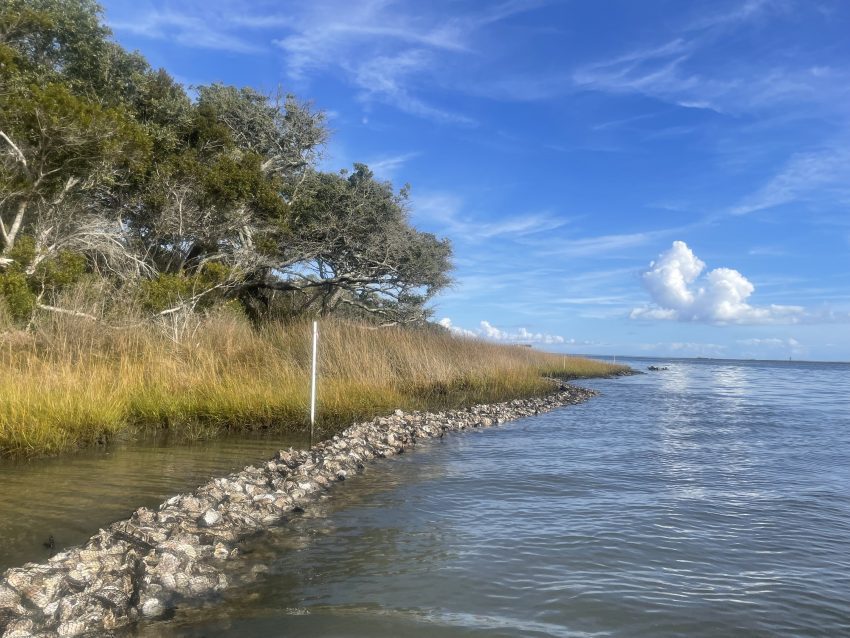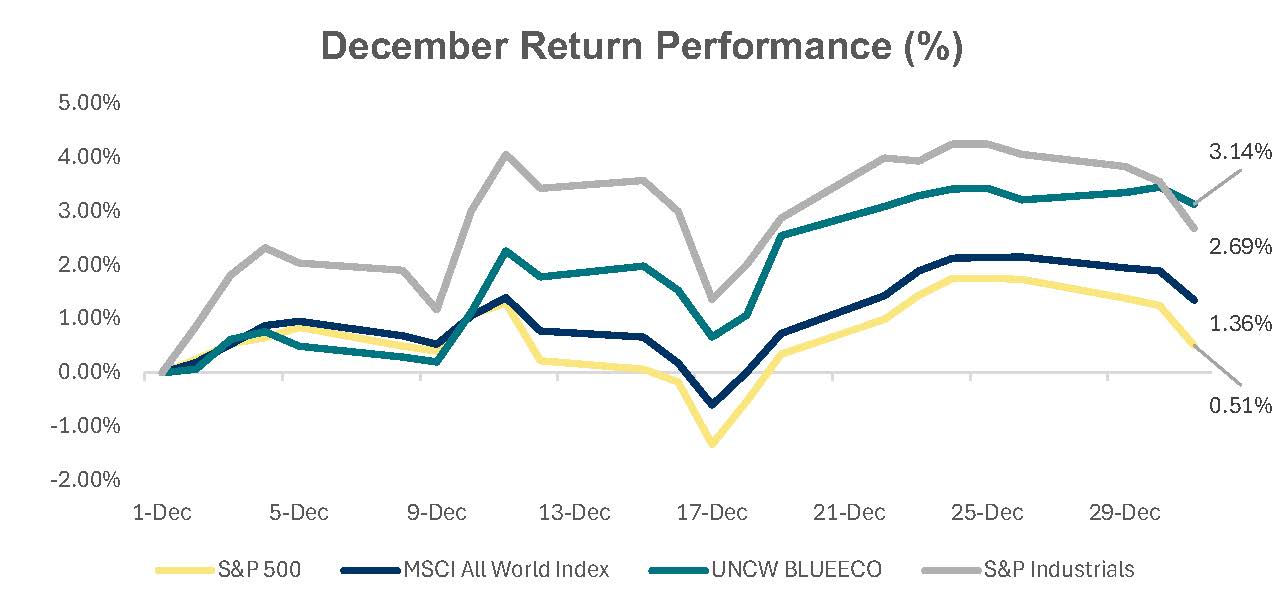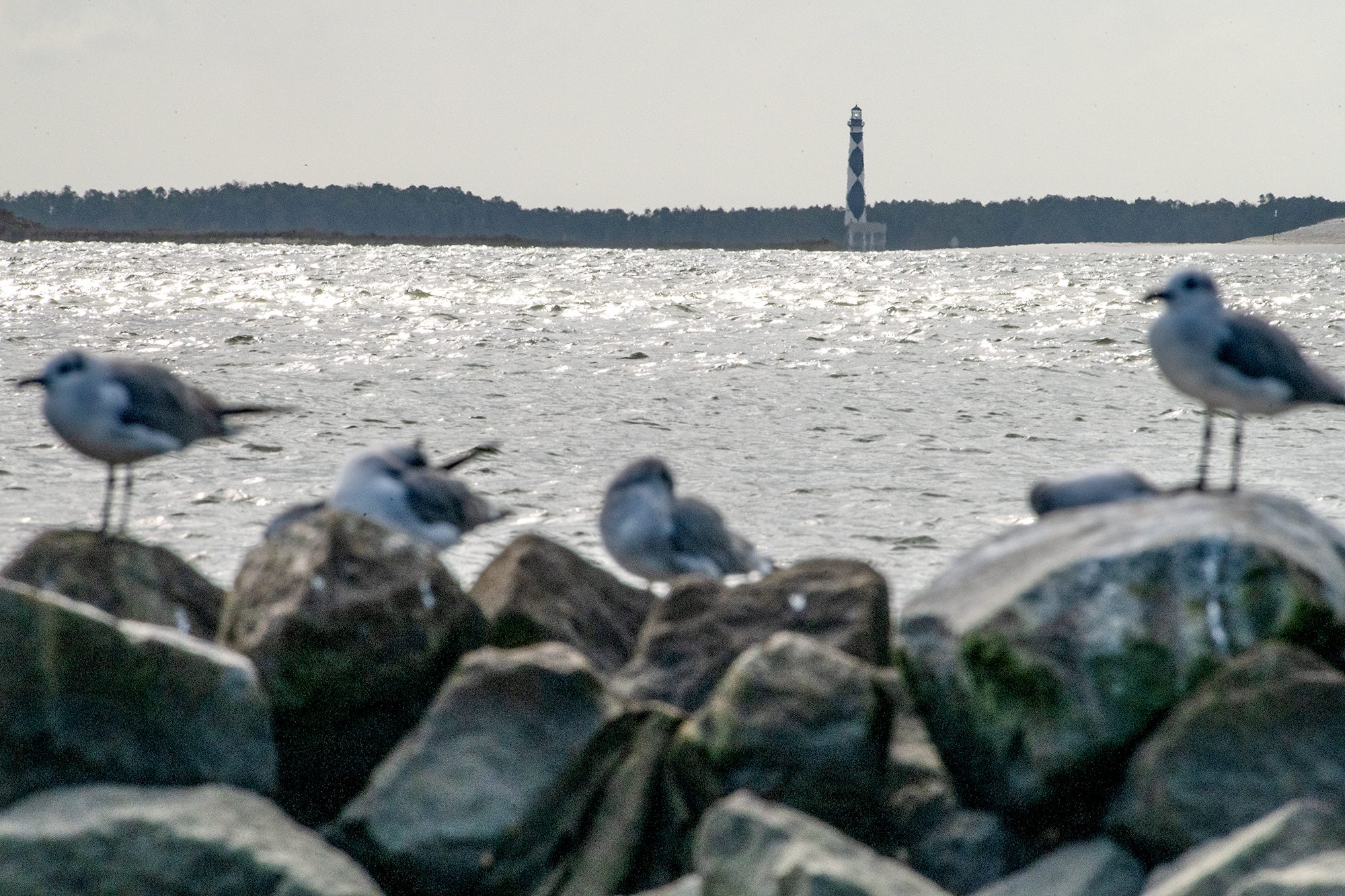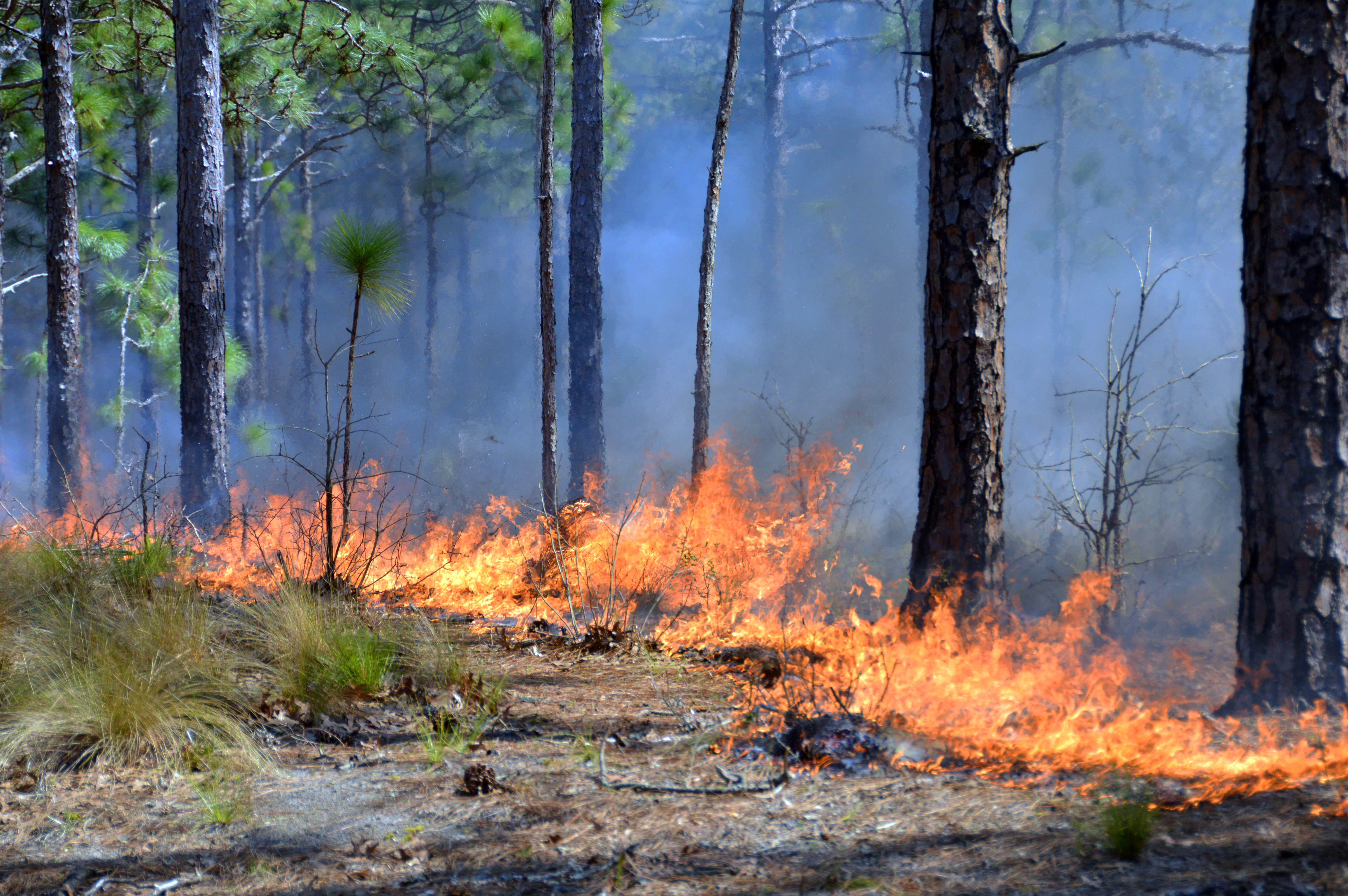
Close to $7 million in federal grants will go to support the design and implementation of natural infrastructure projects to benefit coastal North Carolina.
The money is part of a total $144 million marked to support projects to enhance the resilience of coastal communities and improve habitat for fish and wildlife in 31 coastal states and U.S. territories, National Fish and Wildlife Foundation and National Oceanic and Atmospheric Administration announced Wednesday.
Supporter Spotlight
The 109 grants will generate more than $97 million in matching contributions for a total conservation impact of $242 million, officials said. Matching contributions in North Carolina total around $2.64 million.
The grants were funded through Bipartisan Infrastructure Law, congressional appropriations and private partnerships and awarded through the National Coastal Resilience Fund, or NCRF.
NCRF is a partnership between the National Fish and Wildlife Foundation, NOAA, the Department of Defense, Shell USA, TransRe international reinsurance organization, the SalesForce software company, and the Oxy international energy company. The fund supports capacity-building and larger-scale planning, design, and implementation projects to help improve community and coastal habitat resilience and reduce risks and devastating impacts of rising seas, coastal flooding, and more intense storms.
NCRF uses a “pipeline” approach for funding all stages of project development, including planning, design, and implementation. The 109 projects announced Tuesday will support efforts of grantees across all stages of the pipeline, including 17 grants to support ongoing NCRF-funded projects that will help these communities advance to the next stage in developing a “restoration-ready” resilience project.
“This year’s grant slate continues our significant investments in nature-based solutions that are critical to increasing the resilience of vulnerable communities and protecting and restoring essential habitats for fish and wildlife,” National Fish and Wildlife Foundation Executive Director and CEO Jeff Trandahl said in a statement. “The NCRF supports the development and implementation of sustainable designs, plans and practices that integrate natural features into successful coastal resilience outcomes and that promote adaptation and resilience to storms, floods and other coastal hazards.”
Supporter Spotlight
The natural infrastructure projects supported by the NCRF not only buffer communities from more intense storms, they also provide vital habitat for fish and wildlife species.
“NOAA is proud to work with NFWF and partners to help communities be ready and resilient to climate change,” NOAA administrator Rick Spinrad said. “Funding from the Bipartisan Infrastructure Law will help bolster community resilience efforts and meet the demand we’re seeing for projects that address coastal hazards and enhance ecosystems that are important for wildlife, communities and the coastal economy.”
The following North Carolina projects were selected for funding:
- Advancing Community-Led Resilience Initiatives in a Sentinel Landscape. North Carolina Foundation for Soil and Water Conservation has been awarded $1.49 million, no matching funds. The project is described as a “collaborative and inclusive project with ecological, community, and military resilience benefits in key geographies across the Eastern North Carolina Sentinel Landscape,” which spans nearly 11 million acres across a 33-county region in North Carolina’s Coastal Plain and Sandhills and is home to seven key military installations and ranges. The project will build critically needed capacity to support underserved and Tribal landowner enrollment in conservation practices, facilitate climate resilience planning, and work to reduce barriers for implementing emerging, nature-based flood mitigation practices.
- Building Capacity to Conserve Salt Marsh Habitat within Coastal Communities. California-based LegacyWorks Group consulting firm has been awarded $1.57 million, and matching funds are $175,000. The funds are to be used to build capacity within vulnerable coastal communities of the South Atlantic Salt Marsh Initiative region made up of North Carolina, South Carolina, Georgia and Florida. The project is to develop 20 to 25 nature-based solutions that are site assessment and preliminary design ready to buffer storm surge, mitigate sea level rise impacts while also protecting local food production, historic sites, bird habitat and cultural traditions.
- Building Community Capacity for Coastal Resilience Planning in Atlantic Coastal Plain. Anthropocene Alliance, a national coalition of communities fighting for environmental and climate justice, has been awarded $397,900, Matching funds are $308,400. The funds are for 10 community-based organizations in Virginia, North Carolina and South Carolina to address issues of climate risk, displacement, relocation and the deployment of nature-based solutions to provide protection from storm surges, high tides and sea level rise. Project will provide a detailed road map for each organization for community resilience development and implementation of projects that build off the existing priorities and plans for addressing coastal hazards.
- Ecological, Community and Military Resilience through Spoil Island Restoration in Bogue Sound. The North Carolina Coastal Federation has been awarded $297,000. Matching funds are $150,000. The funds are for nature-based solutions to restore dredge spoil island habitat mosaics in Bogue Sound. Project will finalize designs and secure permits for 2,200 linear feet of high-stability oyster substrate sills, salt marsh plantings and restoration of 2.5 acres of seagrass beds. The Coastal Federation publishes Coastal Review.
- Equity through Final Design and Permitting Technical Assistance for Coastal Communities. North Carolina Department of Environmental Quality has been awarded $3.06 million, and matching funds are $2 million. funds will provide final engineering and design technical assistance for local government projects through the Resilient Coastal Communities Program.
- Final Design and Planning to Install Living Shorelines and Stormwater Management. North Carolina Division of Marine Fisheries has been awarded $89,700, and matching funds are $5,500. The funds are to install a living shoreline and low impact stormwater retrofits. Project will increase community resilience from coastal hazards and improve habitats for fish and other species.







